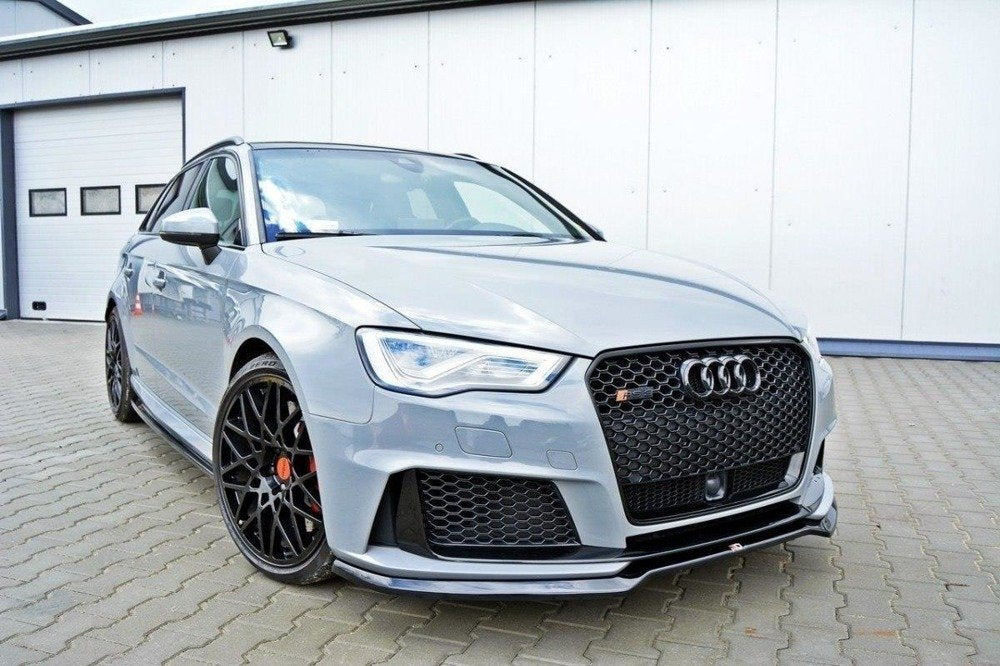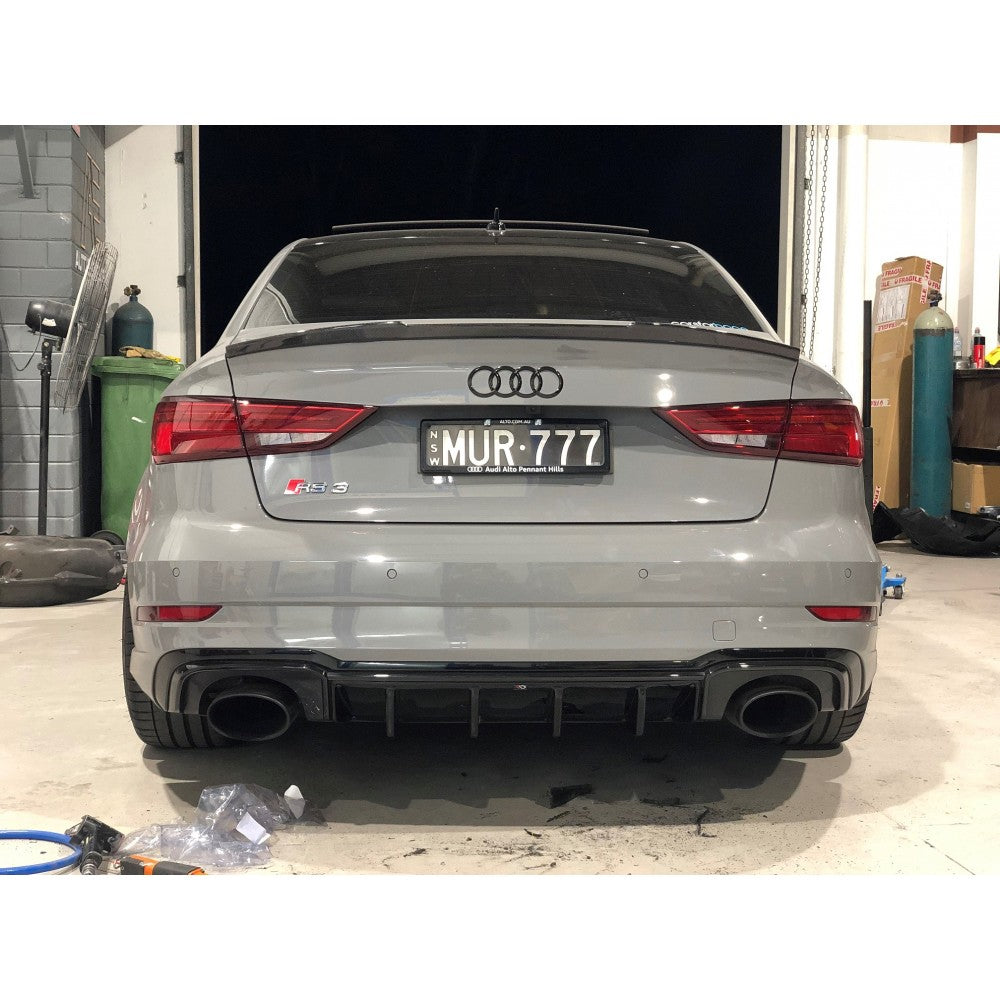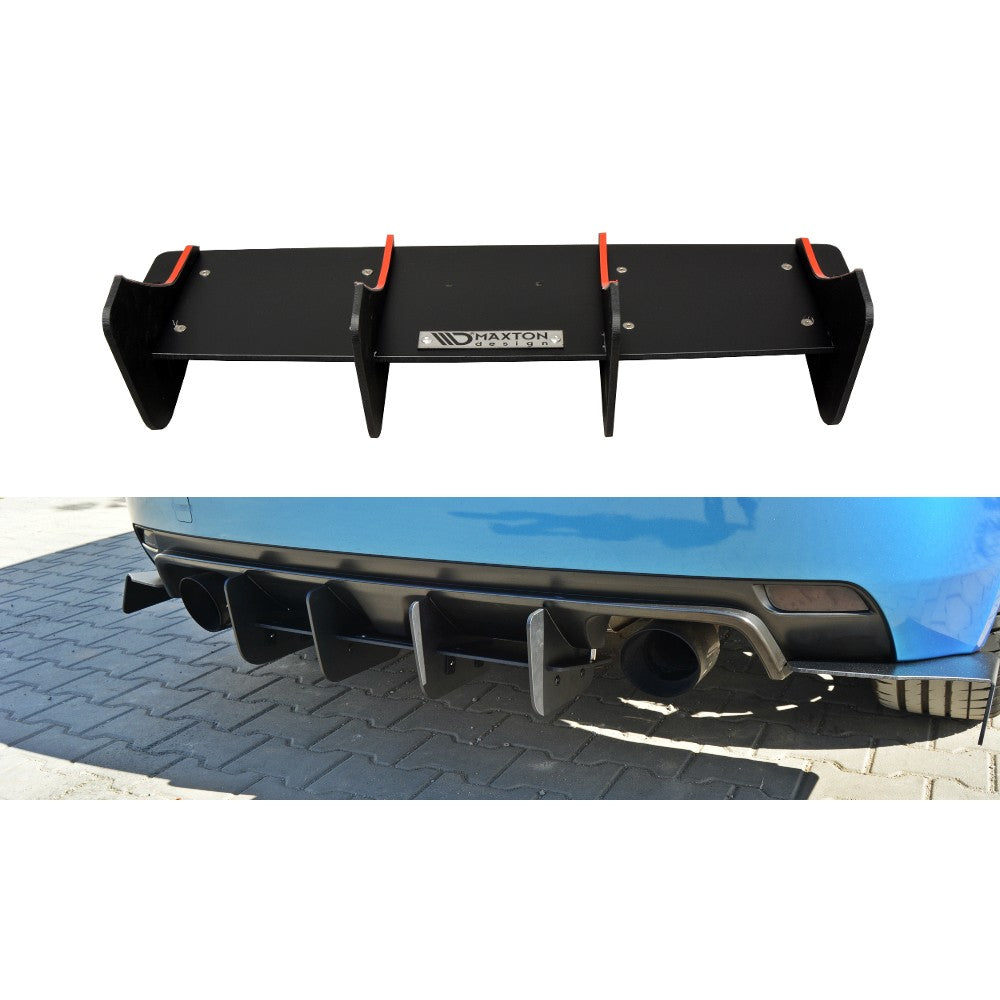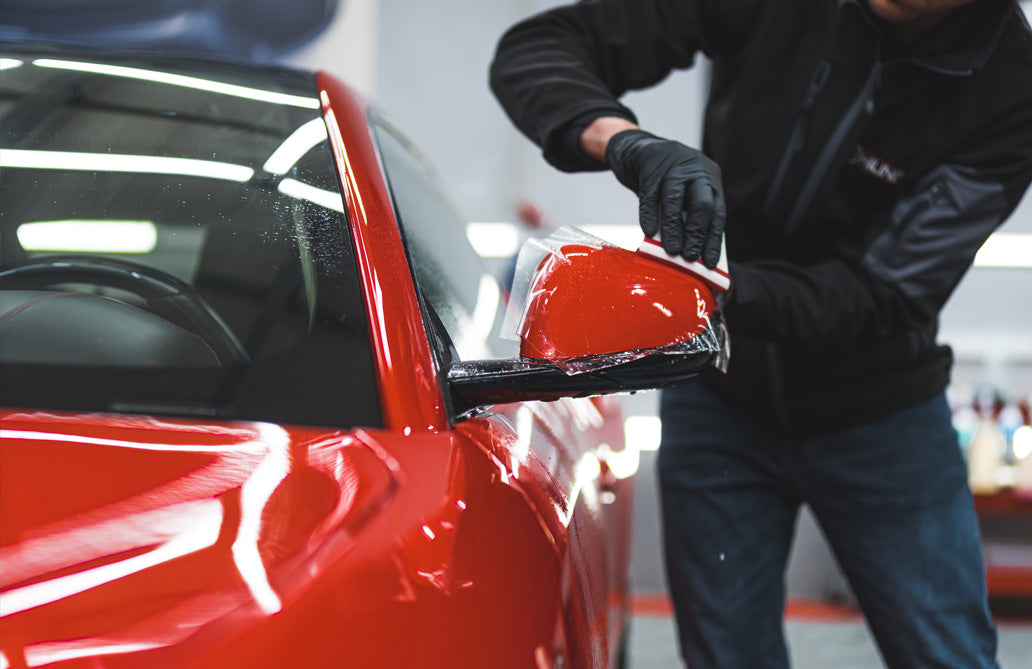Without a doubt, car tuning can significantly improve the looks, performance, and capabilities of a vehicle. You have probably seen how much tuning has transformed the cars of your friends or neighbors from factory settings, and you may be saying, “I want that!”
There are many opinions out there on how you ought to tune your car (take car forums, for example), but you need to take such advice with a grain of salt. Most of the time, this well-meaning advice is biased, based on what the people who are sharing it have been exposed to. Not to mention, they aren’t necessarily experts in tuning or car's performance enhancements.
Before you dive into tuning your vehicle, know the answers to these questions, to ensure that you enhance your car's performance correctly the first time (and avoid wasting time and money).
WHAT KIND OF CAR ARE YOU GOING FOR WITH THE TUNE?
Before starting your car tuning, clearly define your goals. Whether upgrading a street car for better handling and speed or transforming it into a competitive race vehicle for drag, road racing, or autocross, each objective demands a specific tuning strategy.
Avoid impulsive mods based on others' success or perceived necessities. Misdirected early changes, especially to the engine or suspension, can restrict future enhancements and might necessitate reversing initial modifications. Plan carefully to ensure your vehicle's tuning aligns with your long-term performance ambitions.

DO YOU WANT BOLT-ON OR PERMANENT MODIFICATIONS?
You also need to consider whether you prefer bolt-on modifications or more permanent changes to your car's tuning. If you're not aiming for an extreme tune, want to maintain your vehicle's warranty, or plan to resell your car in the future, you might opt for bolt-on mods. These can be easily reversed, and with the wide range of aftermarket parts available—such as equal/unequal-length headers and exhaust systems—you can significantly enhance your car’s performance and handling without permanent alterations.
However, if you're going all-out with the car tune (especially for serious track or racing duty), then permanent modifications might be necessary to maximize the power output and ensure the car delivers the high level of performance required. These changes can include major engine rebuilds or altering the car’s suspension system to suit high-speed track conditions.
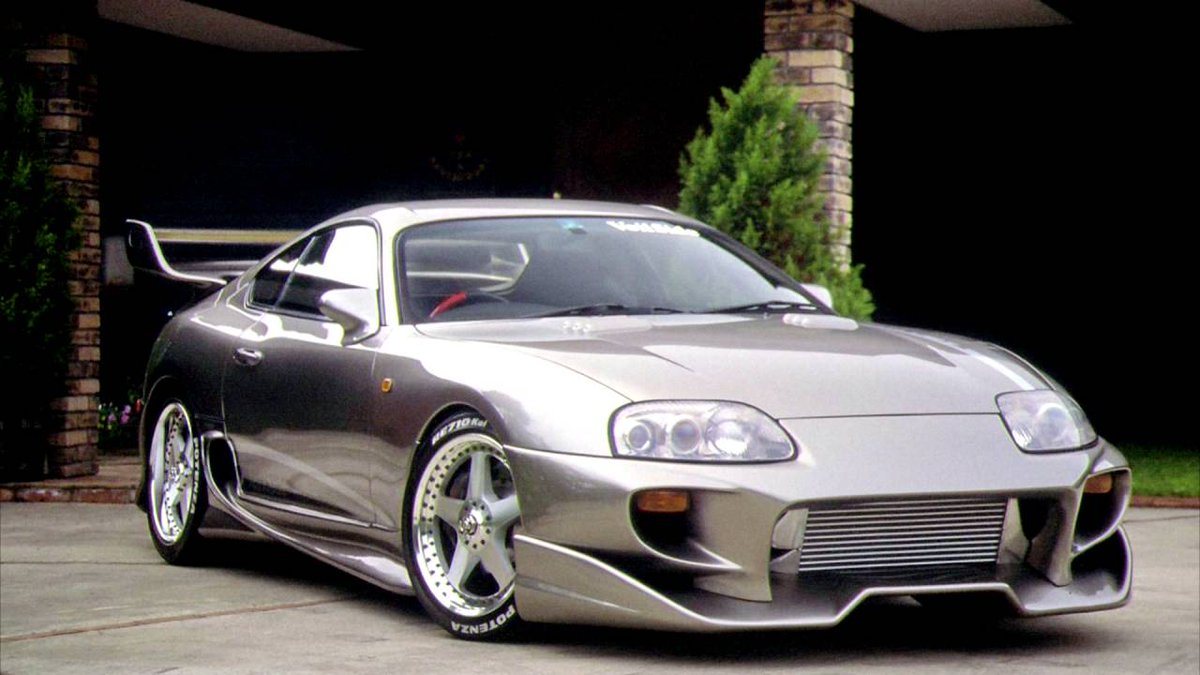
Image Credit: twitter.com (via Toyota Motor Corp.)
WHAT IS YOUR PLATFORM LIKE?
It's crucial to start with a vehicle that's in optimal condition for tuning. Modifying a car with a deteriorating engine or a compromised suspension system is futile, as such a vehicle may not effectively handle the increased power and torque that come with the mods. Ensure that the vehicle is thoroughly repaired or serviced before you begin tuning; this might involve replacing key parts and components to restore its baseline performance.
Furthermore, your vehicle should be well-suited for your intended tuning goals. For instance, if you're aiming to build a high-performance, road-racing car, choosing a model already known for its capabilities, like a BMW or Audi, would be more advantageous than a Hyundai Accent. Starting with a platform designed for performance minimizes the extent of modifications needed to achieve a competitive level of handling and power output.
WILL YOUR TUNED CAR BE ABLE TO HANDLE REAL-WORLD DRIVING?
If you're planning to transport your tuned car to track events or competitions using a trailer, driveability isn't a concern. However, if you intend to use your vehicle on regular streets and roads, it's crucial to consider how it will perform in real-world conditions. A super-slammed coupe with a front chin spoiler may look impressive, but it's likely to encounter issues with speed bumps or potholes. To prevent such problems, ensuring adequate ground clearance is essential for maintaining the practicality and safety of your tuned car for everyday driving.

Image Credit: autoblog.com
WHAT KIND OF TUNE DO YOU NEED?
Understanding the intended use of your vehicle is crucial for appropriate tuning, whether it’s for a street car/daily driver or a track/race car.
STREET CAR/DAILY DRIVER TUNE
This category appeals to most car enthusiasts. They aim to enhance the aesthetics, handling, and power output of their cars, yet within practical limits since the vehicle remains a daily driver.
Here are a few pointers on what you can do:
Suspension: To preserve ride quality while improving handling, consider aftermarket lowering springs. With higher spring rates, these springs enhance handling and allow for a reduced ride height, maintaining comfort without sacrificing performance.
Make the engine breathe better: Enhancing your car's engine efficiency can significantly increase power. Start with an air intake system; a short ram air intake is less expensive and straightforward, though it offers modest power gains. In contrast, a cold air intake, with its longer piping, can significantly boost power. Additionally, upgrading to an aftermarket exhaust system will help your engine expel exhaust gases more efficiently. While a catless exhaust might offer more power, a catted system is advisable to comply with emission regulations.
Wheels and Tyres: Lighter alloy wheels reduce the load on your suspension, making it more responsive and improving handling. Opting for wider tyres enhances road grip, offering better cornering agility and control.
Brakes: Upgrading to performance-oriented brakes is essential if you’re enhancing your car’s performance. More robust brakes provide stronger stopping power, allowing you to fully exploit the vehicle’s capabilities with confidence.
Engine Control Unit (ECU) remapping: One of the most effective modifications for optimizing your vehicle's performance is ECU tuning. Without proper ECU remapping, your car may not fully leverage the improvements from your modifications. It's crucial to work with a reputable tuner to achieve the best results.
TRACK/RACE CAR TUNE
The tune for a track car or race car is undoubtedly more aggressive and typically more expensive. At this level, you're fully committed to extensive modifications because the vehicle needs to meet the rigorous performance demands of serious racing competitions.
Wheels and Tyres: The selection of wheels and tyres is critical and varies depending on the racing type. For drag racing, high-quality racing slicks in the rear with corresponding wheels are essential. For road racing or autocross, choose top-grade, high-performance tyres designed to endure over 30 minutes of high-speed action per race. The right tyre choice is crucial—it could be the difference between winning and losing, as your tyres must efficiently translate all the engine's power and torque to the road.
Suspension: For track cars, coilovers are the optimal choice. They allow for adjustable ride height to tailor the vehicle's performance to the racing conditions. Opt for the best-quality coilovers available to ensure your car is competition-ready.
Safety: Enhanced braking power is vital for track cars. Invest in premium, race-oriented brakes with larger diameters and superior materials to ensure reliability and safety during high-speed maneuvers. Additionally, installing a roll cage built to racing standards, a fire extinguisher, a racing helmet, and a 4-/5-point safety harness is essential for compliance and safety.
Turbocharging/Supercharging: To significantly boost your car's performance, consider installing a high-quality turbocharger or supercharger. These modifications can increase your engine's output by over 40%, making them indispensable for achieving competitive performance levels.
Nitrous Oxide: For an immediate and substantial increase in power, nitrous oxide is a formidable option. Injecting nitrous oxide into your car's engine provides a significant oxygen boost for combustion, drastically increasing power output.
These enhancements are just the beginning; there are numerous other modifications you can explore to tailor your car for your specific performance goals. The extent of your modifications will depend on your passion for tuning and your budget.
GETTING THE RIGHT CAR TUNING GUIDANCE
If you want to better understand all the complexities of car tuning, you need to visit a reputable car tuning spot in your area and ask questions. We at AusBody Works can also help. With our vast experience in this field, we’re happy to share our knowledge, to help you along in your tuning quest.


